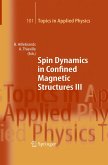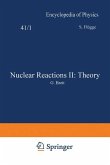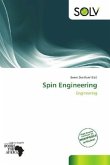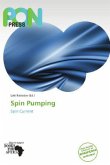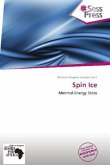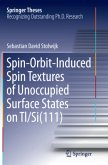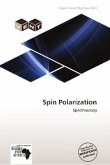Please note that the content of this book primarily consists of articles available from Wikipedia or other free sources online. In magnetic resonance, a spin echo is the refocusing of precessing spin magnetisation by a pulse of resonant radiation. Modern nuclear magnetic resonance and magnetic resonance imaging rely heavily on this effect. The NMR signal observed following an initial excitation pulse decays with time due to both spin-spin relaxation and any inhomogeneous effects which cause different spins to precess at different rates e.g. a distribution of chemical shifts or magnetic field gradients. Relaxation leads to an irreversible loss of magnetisation (decoherence), but the inhomogeneous dephasing can be reversed by applying a 180° or inversion pulse that inverts the magnetisation vectors. If the inversion pulse is applied after a period t of dephasing, the inhomogeneous evolution will rephase to form an echo at time 2t. The intensity of the echo relative to the initial signal is given by exp( 2t / T2) where T2 is the time constant for spin-spin relaxation.

